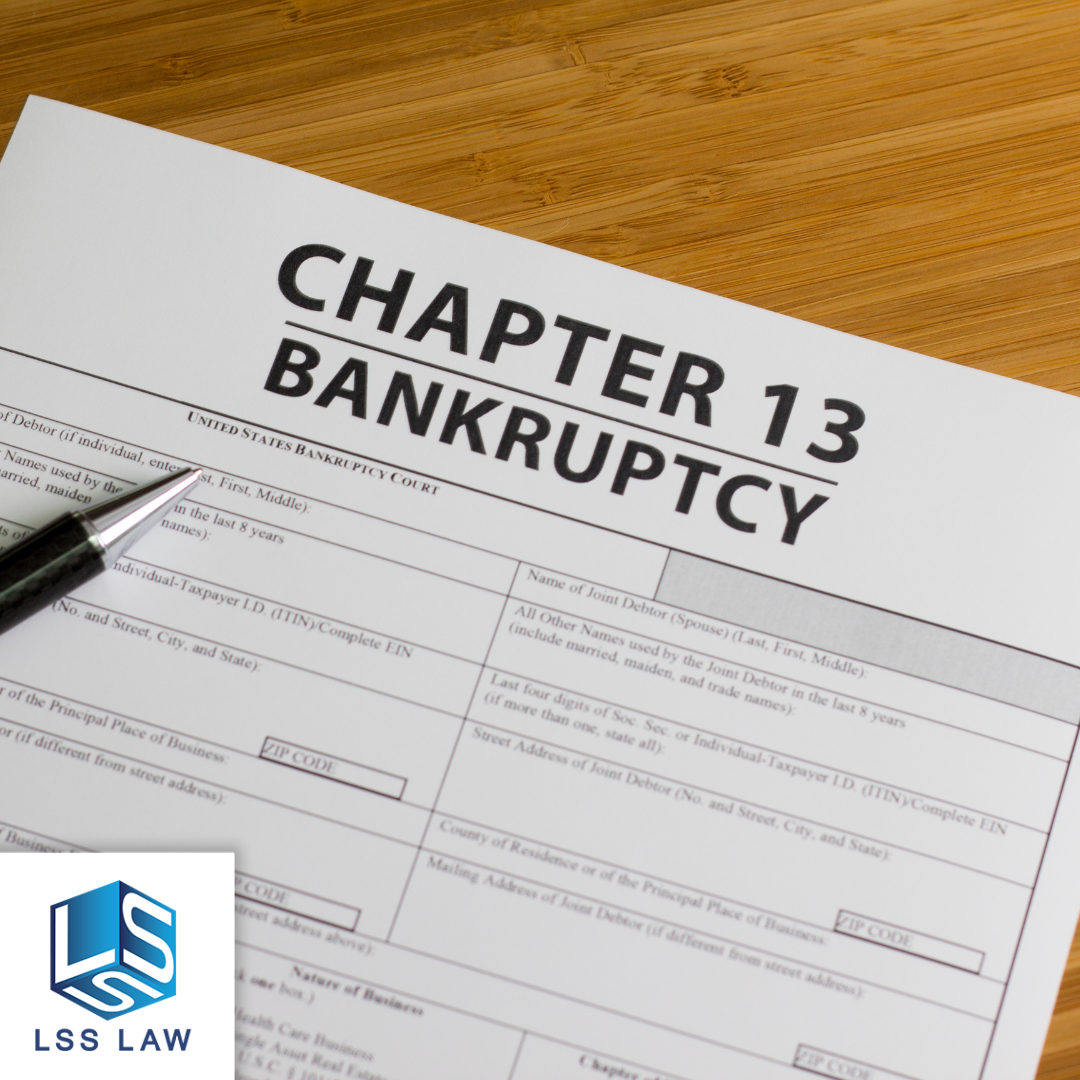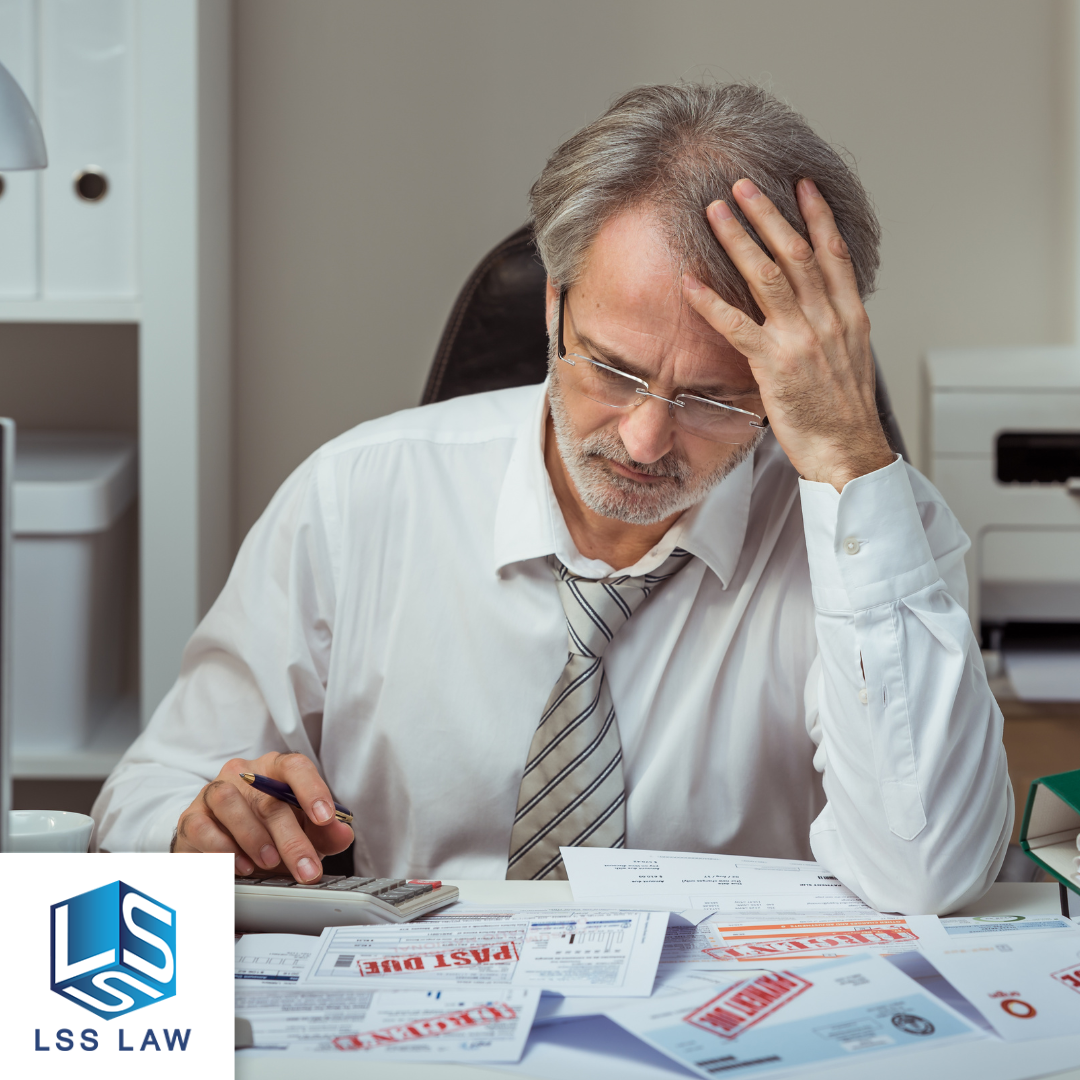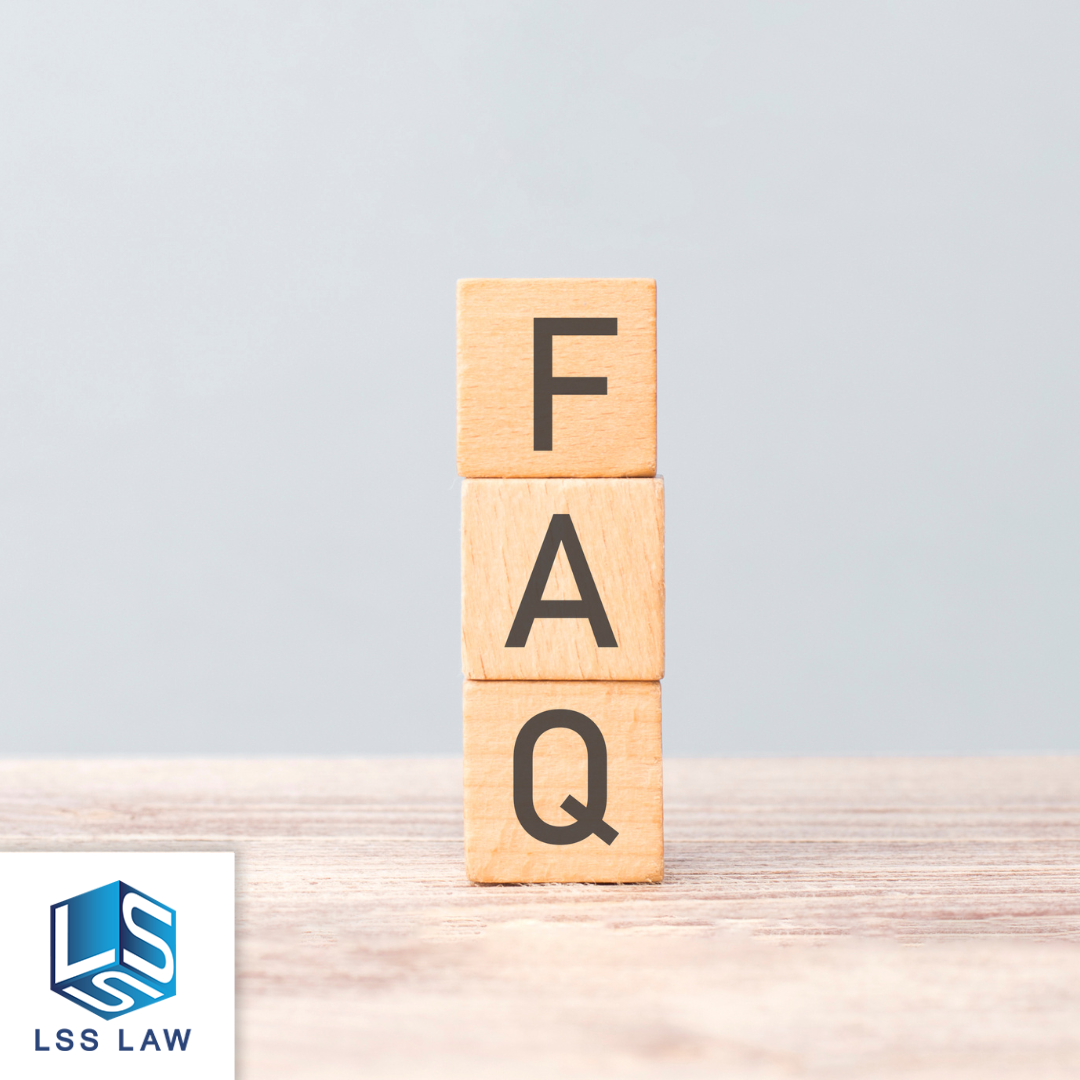Filing for bankruptcy can be an intimidating and stressful process, but it is important to remember that there are steps you can take to make the process easier. This blog will discuss what to do if you are considering filing for bankruptcy, as well as provide useful information about bankruptcy laws and the best credit card debt management strategies.
Before declaring bankruptcy, it is critical to understand the various aspects of bankruptcy law and to consider all options. Additionally, creating a budget and seeking advice from a trusted financial advisor or lawyer may help you make more informed decisions about your financial situation before beginning the bankruptcy filing process.
Introduction to Bankruptcy

Bankruptcy is a legal process that allows individuals or businesses to restructure or discharge their debts in order to start over financially. Individuals who choose to file for bankruptcy must go through a series of steps before they can be considered eligible for relief.
Filing a petition with the local bankruptcy court, meeting with a bankruptcy trustee, providing proof of income, completing credit counseling courses, and submitting other documents, depending on the type of bankruptcy, are all part of the process.
After you have successfully completed all of these steps, you may be able to have your debts discharged or restructured in accordance with the law.
It is critical to understand the provisions of the bankruptcy code and submit all paperwork correctly when filing for bankruptcy. This can be a complicated process, so it is best to hire a reputable bankruptcy lawyer who can guide you through it.
Preparing for a Bankruptcy Filing

There are several important factors to consider before filing for bankruptcy if you are considering filing. The first step should be to consult with a qualified bankruptcy attorney who can assess your financial situation and determine your eligibility for bankruptcy. Following that, it is critical to carefully gather all necessary financial documents, such as bank statements and pay stubs. It is also critical to close any bank accounts that may be harmed by the filing process.
Always remember to investigate alternatives to bankruptcy in order to fully comprehend all of the available options before making any decisions – the attorneys at LSS Law will be able to help you with that if you haven’t done it already. You can feel more confident in your ability to prepare for bankruptcy and make the best decision for yourself and your future financial life by taking these steps.
1: Speak to a Bankruptcy Attorney
Always consult with a bankruptcy attorney before filing for bankruptcy. A knowledgeable and experienced bankruptcy attorney can assess your personal assets and secured debts/ unsecured debts, as well as explain the various types of bankruptcy available to you.
They will provide you with insight into how different types of bankruptcies may affect your personal financial situation, such as which debt repayment plans are best suited for your needs. An attorney can also assist you in determining what is exempt property.
Certain secured property is exempt from liquidation (such as personal property). A bankruptcy attorney can also help you determine which debts are secured versus unsecured.
2: Gather Financial Documents
One of the most important steps in filing for bankruptcy is gathering all necessary financial documents. Copies of recent pay stubs, tax returns, bank statements, statements for retirement accounts, investment account statements, and credit card statements are examples of personal accounts and records needed.
In order to avoid potential bankruptcy fraud or other legal action, those filing for bankruptcy must provide accurate information and documentation.
Working with an experienced bankruptcy attorney can also help ensure that all paperwork required for filing is accurate and complete.
Disclose Everything
Failure to disclose all relevant information when filing for bankruptcy can result in serious consequences, so it is critical to collect all relevant financial documents before proceeding. Being organized and having access to all financial records will aid in ensuring a smooth process throughout.
3: Determine Eligibility for Bankruptcy
Determining eligibility for bankruptcy is a complex process that can be difficult to complete. One of the first steps in determining your eligibility is determining which bankruptcy chapter you are eligible to file under, as different chapters have different rules. This is important so you can avoid filing under the wrong bankruptcy chapter. An experienced bankruptcy attorney will be able to accurately assess your needs and recommend the best bankruptcy chapter for your situation.
Helping You Determine Eligibility
To determine eligibility, you must first complete the means test, which determines whether your income level qualifies you for specific bankruptcy relief. Understanding what assets fall into the bankruptcy estate is also important when deciding what property may be taken and sold to pay creditors.
4: Consider Alternatives to Bankruptcy
Filing for bankruptcy may appear to be the only option for those who are drowning in debt. There are, however, alternatives to bankruptcy that can help you regain control of your finances and get back on track. One option is to seek help from an approved credit counseling agency or credit counseling organization.
Approved credit counseling agencies offer a wide range of services, including budgeting assistance, debt management plans, and personal financial education programs. Working with an approved credit counseling agency or organization can help you develop a plan to better manage your finances and work toward financial security without having to file for bankruptcy.
The Bankruptcy Process
Many individuals and businesses must file for bankruptcy in order to obtain financial relief. Before proceeding, it is critical to understand the bankruptcy basics. Bankruptcy cases in the United States are handled by federal courts and governed by the United States Courts.
This section will give you an overview of the various stages of the bankruptcy filing process so you can make an informed decision about whether bankruptcy is right for you and your circumstances.
Following this introduction, we will go over more specifics such as consulting with an experienced bankruptcy attorney, filing the bankruptcy petition, meeting with the trustee, and receiving a debt discharge.
Filing the Bankruptcy Petition
To file for bankruptcy, you must fill out the official bankruptcy forms. These forms necessitate details about your assets, liabilities, income, and other financial matters. You must also provide a list of all unsecured creditors and secured creditors to whom you owe money, such as credit card companies or medical bills. Once completed, these forms must be submitted to the court along with the associated court fees.
After You File Bankruptcy
After you file your petition, the court will decide whether you qualify for bankruptcy protection and how much of your unsecured debt can be discharged. It is critical to remember that filing for bankruptcy should always be done with the help of an experienced bankruptcy attorney who can guide you through the process and ensure that everything goes smoothly.
After filing your case, you are required to complete the personal financial management course, also known as a “debtor education course.” This is required for your discharge.
Meeting with the Bankruptcy Trustee
After filing for Chapter 7 or Chapter 13 bankruptcy, you will be required to meet with the trustee who will be in charge of the case. The trustee will serve as one of the bankruptcy administrators, potentially liquidating assets and looking out for the interests of all creditors. During your meeting with the trustee, they will ask you a series of questions under oath relating to your assets, debts, income, and expenses.
Questions for the Trustee
They may be able to answer any questions you have about your bankruptcy case. However, they are unable to give you legal advice. It is critical that you attend this meeting with the trustee to ensure that all necessary steps for a successful bankruptcy petition filing have been taken.
Receiving a Discharge from the Bankruptcy Court
A bankruptcy discharge is a result of a debtor successfully completing the bankruptcy process. After receiving a discharge, the debt is erased and no longer owed, preventing the creditor from recovering any of the debt or pursuing legal action against the debtor. Attending and completing a debtor education course during the specified period is an important part of obtaining a discharge.
The court-approved courses are intended to provide debtors with practical information about money management and avoiding future financial difficulties. At LSS Law, we are committed to you for the rest of your life, not just during your bankruptcy case. After receiving their discharge, our team remains available to provide our clients with additional support, guidance, and advice.
Contact LSS Law to Learn More About Filing Bankruptcy

If you are considering filing for bankruptcy in an attempt to finally get some debt relief, you should consult with an experienced attorney. LSS Law provides no-cost bankruptcy Strategy Sessions to help you understand the process and decide if bankruptcy is the best legal claim for your financial situation.
Please contact us by calling 954-466-0541 or sending an email to info@lss.law. You can also schedule a no-cost bankruptcy Strategy Session by visiting our Contact Us page at lss.law/contact. We are looking forward to hearing from you and helping you get your life back on the path toward debt relief!
What to Do Before Filing Bankruptcy | Your Questions Answered

Let’s answer some of your most frequently asked questions about bankruptcy. Remember, if you have any other questions you can always reach out to us at 954-466-0541 or send us an email at info@lss.law.
What Should I Do Before Filing Bankruptcy?
Bankruptcy is a difficult decision that should not be made lightly. Before declaring bankruptcy, you should consider all of your options and speak with an experienced bankruptcy attorney about your financial situation.
It is also critical to gather and keep all of the documents required to file for bankruptcy, such as tax returns, bank statements, pay stubs, and so on. It’s also important to understand the various types of bankruptcies available so that you can make an informed decision about which one best meets your needs. An experienced attorney at LSS Law will be able to help you navigate through these difficult tasks and help you discover the best solution for your specific needs and wants.
What Should I NOT Do Before Filing Bankruptcy?
Before filing bankruptcy, you must not transfer assets, such as property or money, for less than full market value, and you should not withdraw any retirement funds from any retirement account or fail to pay child support. These actions can have serious legal ramifications. Before taking any steps toward filing for bankruptcy, consult with an experienced bankruptcy lawyer to ensure that all necessary paperwork is filed correctly and that all applicable laws and regulations are followed. Taking the time to do this can make the bankruptcy filing process go more smoothly and successfully.
How Can LSS Law Help Me with My Bankruptcy?
LSS Law focuses on assisting individuals and businesses with bankruptcy issues. We understand the complexities of declaring bankruptcy and provide a variety of services to those in need. Our experienced lawyers can advise you on when it is appropriate to file for bankruptcy, assist you in navigating the legal process, and provide solutions tailored to your specific needs.
With our assistance, you can eliminate debt, stop wage garnishments, untangle complicated security interests, and create an effective repayment plan for creditors. LSS Law is here to ensure that you receive the best possible outcome for your situation, whether you are considering filing for personal or business bankruptcy.
Is it Dangerous to File for Bankruptcy without an Attorney?
The answer to the question of whether it is risky to file for bankruptcy without the assistance of an attorney is an absolute, 100% yes. Filing for bankruptcy without first seeking legal counsel is extremely risky and may accidentally result in bankruptcy fraud or huge losses in equity that were completely avoidable.
Before attempting to file for bankruptcy on your own, it is critical that you understand all of the applicable laws, regulations, and procedures. An experienced bankruptcy attorney can assist you in navigating the complexities and pitfalls of this process, minimizing risk and increasing your chances of success.






